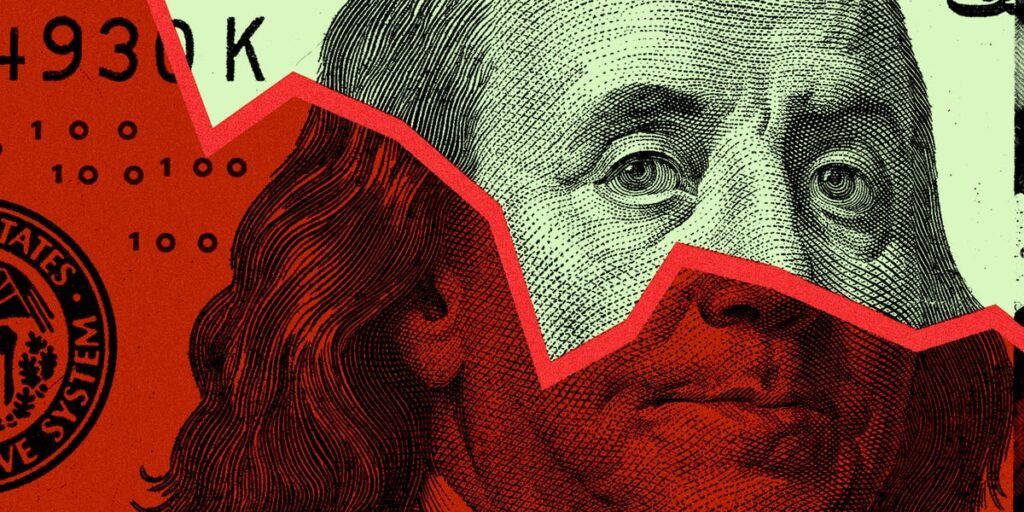Saudi Arabia’s Shift from US Dollar in Oil Trade May Undermine Dollar Dominance: Atlantic Council Report
By [Your Name]
Riyadh, Saudi Arabia – In a potential paradigm shift for global markets, Saudi Arabia is reportedly reconsidering its longstanding reliance on the US dollar for oil transactions, aiming instead to diversify its trade through alternative markets. The Atlantic Council highlighted in a recent report that such a move would mark the end of the "petrodollar" system, presenting a significant blow to the dollar’s supremacy in the oil market.
The potential dismantling of the 1974 agreement, which required Saudi Arabia to exclusively use US dollars for its crude oil sales, is under scrutiny. For nearly five decades, this pact has cemented the US dollar’s position as the primary currency for global finance and trade, the think tank indicated.
Originally, the petrodollar was established to stabilize the dollar during the economic turmoil of the 1970s. In exchange for security assurances and military supplies, Saudi Arabia agreed to reinvest its oil revenues in US bonds, thereby solidifying the dollar’s role as a global reserve currency.
However, the Atlantic Council noted that the global economic landscape has dramatically shifted since the inception of this deal. The United States’ share of global GDP has diminished from approximately 40% in 1960 to 25% today. Moreover, the reliance of the US on Saudi oil has significantly decreased due to a substantial increase in domestic oil production.
New market dynamics are encouraging oil-producing economies to explore alternative trading practices. For instance, China has emerged as Saudi Arabia’s largest oil customer, accounting for over 20% of the kingdom’s oil exports. The increasing trade relations between Beijing and Middle Eastern countries coincide with a noticeable decline in US influence in the region, remarked Hung Tran, a nonresident fellow at the Atlantic Council.
This evolving scenario aligns with Riyadh’s gradual alignment with the de-dollarization movement, aimed at reducing the US dollar’s dominance in global financial systems. Saudi Arabia is also under consideration for membership in the BRICS bloc, an economic group advocating for reduced dependence on the dollar. Additionally, the kingdom has partnered with China to pioneer mBridge, an international payment system leveraging central bank digital currencies.
Tran emphasized that these emerging payment ecosystems pose a significant threat to the liquidity of US Treasury securities, potentially undermining a cornerstone of the dollar’s global standing. "In such a world, the dollar would retain its prominence but lose its overwhelming influence, supplemented by currencies like the Chinese renminbi, the euro, and the Japanese yen, reflecting the international significance of their economies," he stated.
"In this context, Saudi Arabia’s stance on the petrodollar will continue to be a key indicator of future financial trends, just as its creation was fifty years ago," Tran concluded.
Editor’s Note: This article has been updated to clarify that Saudi Arabia made no specific announcement on June 13 regarding oil transactions in US dollars, and there is no official agreement between the United States and Saudi Arabia mandating the sale of oil in US dollars.
Source: Atlantic Council
